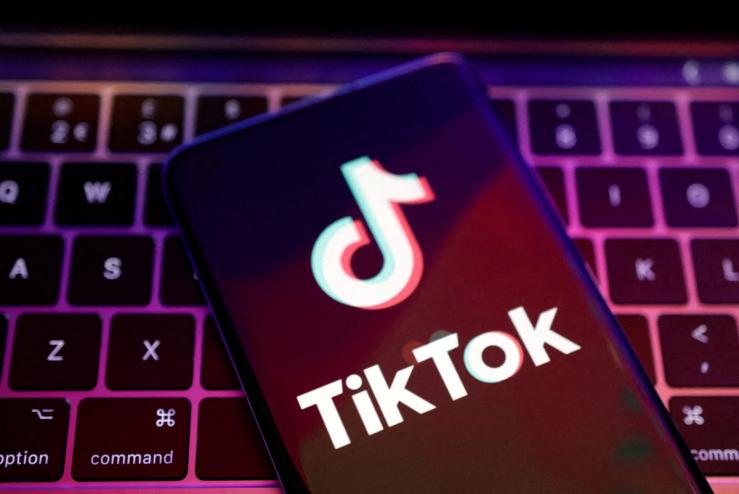The News
A House committee unanimously advanced legislation that would force ByteDance to divest the social media app TikTok, despite congressional offices being bombarded with calls from TikTokers who were urged by the platform to call their representatives to protest the bill.
“Let Congress know what TikTok means to you and tell them to vote NO,” a pop-up message on the app said, imploring users to “stop a TikTok shutdown.”
Aides from multiple congressional offices told Semafor that they were getting flooded with calls pushing back on the legislation Thursday. Some offices reported getting as many as 50 phone calls. One office received a message from a caller threatening suicide if the app was taken down, a Politico reporter posted on X.
But later Thursday afternoon, the House Energy and Commerce Committee unanimously advanced the legislation in a 50-0 vote. The bipartisan House bill introduced Tuesday would force ByteDance to sell off TikTok or face it being banned in the United States, over national security concerns associated with Chinese ownership of the app, which TikTok says is used by 170 million Americans. House majority leader Steve Scalise said the bill would come to the floor for a vote next week.
“This legislation has a predetermined outcome: a total ban of TikTok in the United States,” a TikTok spokesperson said in a statement. “The government is attempting to strip 170 million Americans of their Constitutional right to free expression. This will damage millions of businesses, deny artists an audience, and destroy the livelihoods of countless creators across the country.”
The bill was proposed by Reps. Mike Gallagher (R-Wisc.) and Raja Krishnamoorthi (D-Ill.), the top lawmakers on the House select committee on China, and quickly received support from the White House and Speaker Mike Johnson.
“Here you have an example of an adversary-controlled application lying to the American people, and interfering with the legislative process in Congress,” Gallagher said in response to the calls. “In a weird way it almost proves the point that we’ve been making here.”
The phone campaign may be “backfiring” as it has enraged legislators who were previously undecided, Politico reported.
SIGNALS
Conservative groups and human rights organizations alike back the bill
The legislation has received support from a broad coalition, ranging from conservative lobbying groups to human rights organizations. Heritage Action, an offshoot of the Heritage Foundation – one of the most influential Republican lobby groups –gave its backing on Thursday. “We strongly encourage your boss to support this bill in committee today as an important step toward addressing the root problem and getting the [Chinese Communist Party] out of the pockets of hundreds of millions of Americans,” Heritage said in a letter sent to legislators that was shared with Semafor’s Kadia Goba. Human rights groups who are focused on abuses by the Chinese government have also backed the bill, Semafor’s Morgan Chalfant reported.
Will Congress be able to pass TikTok legislation this time around?
Previous efforts to ban TikTok last year came up short, after some lawmakers raised concerns that a ban would infringe on free speech, something congressional aides told the Financial Times this bill was aimed at circumventing. The barrage of calls to Congress — many of which are from teenagers who would otherwise not engage in national-level politics — may be just the first round of Gen Z discontent about the bill. “I think it’s very much going to be taken personally,” Annie Wu Henry, who ran Senator John Fetterman’s popular TikTok account, told New Republic last year. The bill also comes after President Joe Biden’s reelection campaign started using TikTok last month — despite both the Biden administration and the Trump administration have described the app as a national security risk.
US officials have long warned of national security concerns over TikTok
Many top national security officials have voiced concerns about the popular video sharing application. FBI Director Chris Wray warned that China could control the app’s algorithm, “which allows them to manipulate content, and if they want to, to use it for influence operations.” A top Pentagon official called the app a “potential threat vector,” citing concerns that the app could be used for surveillance or information operations. TikTok has strongly denied the accusations, and has said it has made efforts to keep all American user data on servers in the U.S. “We don’t have smoking-gun evidence,” one expert told ABC News, but added that if the Chinese government requested data from TikTok, “they would be compelled to provide it and we also probably wouldn’t know if they did.” ByteDance has previously admitted to using the app to spy on journalists who were reporting on the app.


